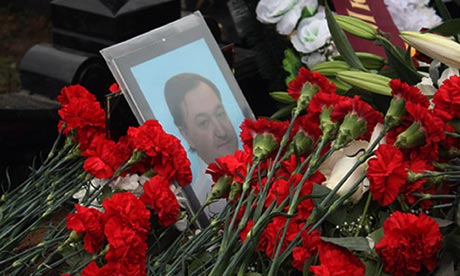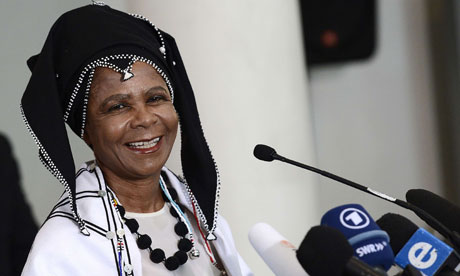By Pearl Rimon
Impunity Watch Reporter, South America
BOGOTA, COLOMBIA – A Colombian tribunal has restored land stolen from 32 displaced families as part of the country’s land restitution law. Residents of Córdoba have been the target of numerous threats and intimidation. A tribunal that specializes in land restitution issues ruled on February 13th for the restitution of 405 acres of land on the Santa Paula Farm.

The land restitution office was created by the Victims and Land Restitution Law in 2011 which is supposed to return over 4.9 million acres to the displaced owners affected by the nearly 50 year conflict.The new law aims to return millions of acres that belonged to Colombians who have fled their homes due to violence in addition to financial compensation, all of these displaced Colombians are victims of human rights violations and infractions of international humanitarian law.
“This ruling restores victims’ ownership over land seized by one of Colombia’s most powerful paramilitary mafias, in a region where it continues to exercise influence. It is a milestone achievement for Colombia’s land restitution office and the victims who have courageously stepped forward to reclaim their land,” said Jose Miguel Vivanco, the Americas director at Human Rights Watch.
Mario Cuitiva, a member of one of the families claiming rights to the farm has been the target of threats and intimidation which caused him to flee in November 2012. Cuitivia, is not the first member of these displaced families to experience repercussions. Yolanda Izquierdo, a former leader of the effort to reclaim the Santa Paula farm was shot in January 2007. The shooter is Sor Teresa Gómez, member of the AUC, the right winged paramilitary organization that planned the theft of the land. There are 49 members of the families who have had threats made against them.
There has been debate in Colombia by how successful the land restitution law has been. The Interclesial Commission for Justice (CIJP), a NGO, has accused associates for former president Uribe in blocking land restitution. Many of those associates have links to paramilitaries and are undergoing investigation. “Officials of the government of Uribe, and persons of his entourage are engaging in actions legal and illegal [to block land restitution]. For example people were fraudulently chosen as representatives of their communities. They are businessmen or put forward by businessmen – businessmen linked to paramilitaries,” said Jesus Alberto Franco, a spokesman for the CIJP.
The land restitution office has filed an additional 80 claims to the land and are awaiting the rulings.
For more information, please see:
Human Rights Watch — Colombia: Landmark Ruling for Land Restitution – 20 Feb 2013
Colombia Reports — Paramilitaries, Uribe’s Associates ‘Blocking’ Land Restitution: NGO – 15 Feb 2013
Amnesty International — The Challenges of Colombia’s Victims’ Law – 15 June 2011
Human Rights Watch — Colombia: Victims Law a Historic Opportunity – 10 June 2011



